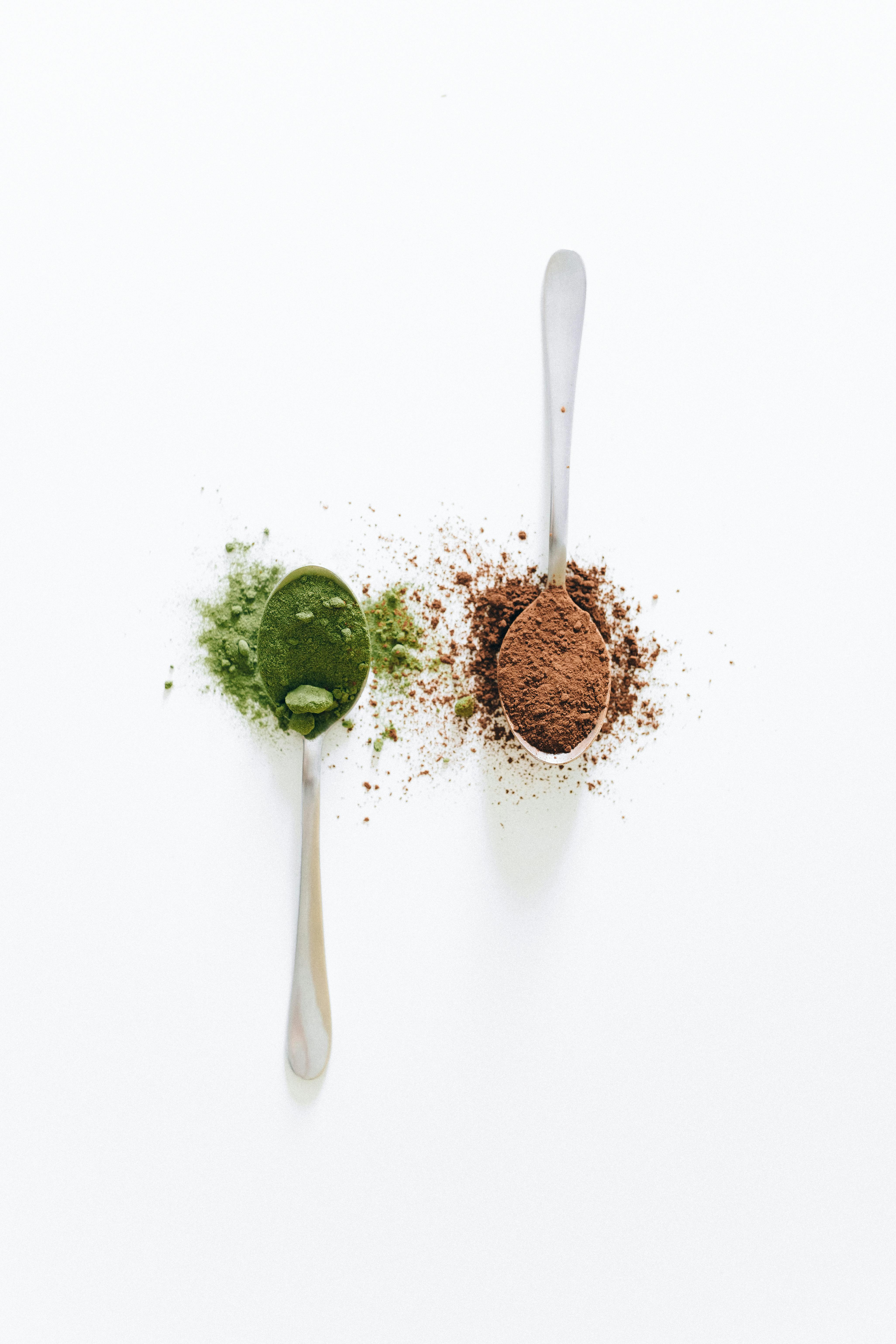
Effective Ways to Determine if Diet Soda Breaks Your Fast in 2025
Intermittent fasting has gained popularity for its potential health benefits and effectiveness in weight management. However, the question of whether diet soda can be consumed during fasting remains a hot topic. With diverse opinions and emerging research, it is essential to explore the effects of diet soda on fasting, understand the implications of artificial sweeteners, and identify guidelines for mindful consumption. This article will navigate these aspects, helping you uncover the truth behind diet soda and fasting.
In this exploration, we’ll discuss the caloric content of diet soda, its impact on your body during a fast, and its effects on autophagy. We’ll also delve into psychological impacts, hydration concerns, and the comparison between Diet Soda and regular soda while fasting. By the end, you'll have a clearer understanding of how diet soda fits into your fasting strategy and its potential effects on weight loss.
Join us as we dissect the complexities surrounding diet soda and fasting, with key takeaways that emphasize informed decision-making regarding beverage choices during your fast.

Understanding Fasting Principles and Diet Soda
To grasp the relationship between diet soda and fasting, it’s crucial to understand the foundation of fasting itself. At its core, fasting involves abstaining from all or some food and drink for a specific period. Adhering to fasting protocols can lead to numerous health benefits, including improved metabolic markers, enhanced fat loss, and increased cognitive function.
With the rising trend of intermittent fasting, many individuals wonder if beverages like diet soda can be included during fasting windows. This concern is often linked to the insulin response triggered by certain foods and beverages. While diet soda contains no calories, the debate continues about its potential effect on insulin levels due to the presence of artificial sweeteners.
Research points to the fact that artificial sweeteners may influence metabolic rates and appetite regulation. For those keen on maximizing the benefits of their fasting regimen, understanding how diet soda interacts with these principles is critical.
Diet Soda and Insulin Response
Consumption of diet soda, often containing artificial sweeteners like aspartame and sucralose, has been shown to elicit minimal insulin response compared to sugary counterparts. This characteristic makes diet soda appealing to fasters. However, the long-term effects remain ambiguous, with some studies indicating potential resistance to the appetite-suppressing effects of these sweeteners.
Furthermore, studies suggest that while immediate insulin spikes from diet soda are less significant, long-term consumption may still affect insulin responses, which is vital for those striving for insulin sensitivity during fasting.
Caloric Content and Metabolic Effects
One of the primary factors that define whether a drink breaks a fast is its caloric content. Diet sodas are typically calorie-free, positioning them as a permissible choice for many fasting protocols. The direct impact of calories on fasting is clear—caloric intake essentially breaks the fast, leading to metabolic shifts that are counterproductive to fasting goals.
Moreover, the absence of calories in diet sodas means that they can hydrate without providing any energy, allowing for consumption during fasting. This aspect supports hydration, another essential component of fasting. However, hydration may come with complications, as reactions to carbonation and caffeine in diet soda can vary amongst individuals, potentially leading to bloating or digestive distress.

Fasting Guidelines and Diet Soda Consumption
With the complexities of diet soda and fasting established, it’s essential to delineate clear guidelines for consumption during fasting periods. To ensure adherence to fasting principles and optimize benefits, consider the following:
Choosing Drinks for Fasting
When deciding on beverages during fasting, it is essential to opt for options like black coffee, herbal teas, or plain water. If you choose to include diet soda, moderation is key. Be mindful that the presence of artificial sweeteners can affect individuals differently, and some may experience an uptick in cravings after consuming artificially sweetened drinks.
Fasting and Artificial Sweeteners
Understanding the effects of various artificial sweeteners is essential for making informed decisions. Some sweeteners may alter gut microbiota, leading to undesired metabolic changes. Furthermore, psychological responses to taste may activate cravings for sugary foods, adversely affecting your fasting success. It’s recommended to monitor your body’s responses and adjust accordingly.
Behavioral Considerations While Fasting
The psychological effects of diet soda consumption during fasting cannot be overlooked. For some, the taste and ritual of enjoying a diet soda may provide emotional satisfaction without breaking a fast. However, it is vital to assess whether this habit fosters psychological dependence, leading to challenges in adhering to fasting protocols.
Health Risks of Diet Soda on Fasters
While diet soda offers a zero-calorie solution, potential health risks accompany its consumption, particularly during fasting. The long-term health ramifications of consuming artificial sweeteners raise questions about their safety and efficacy.
Diet Soda and Hydration
Despite hydration being a key factor in fasting, diet soda may not be the best choice due to its carbonation and caffeine levels. Some studies suggest that the caffeine in diet soda can enhance dehydration, as caffeine can act as a diuretic. Balancing hydration is crucial; thus, consuming water alongside diet soda is advisable.
Diet Soda vs. Regular Soda While Fasting
When considering diet soda versus regular soda, the caloric content is a significant distinction. Regular soda contains sugars that break a fast by introducing calories, while diet soda provides an alternative that maintains the fasting objective. However, the health risks associated with both should spark a careful evaluation of your choices.
Effects of Diet Soda on Autophagy
Autophagy, the body’s natural process of cell removal and recycling, is a sought-after benefit of fasting. As you navigate your fasting journey, it's worth examining whether diet soda consumption influences autophagy. Some researchers suggest that even zero-calorie drinks could interfere with autophagy due to metabolic reactions initiated by taste and sweetener profiles.
Role of Caffeine in Diet Soda and Fasting
Caffeine plays a dual role during fasting—it offers energy boosts and can influence fat oxidation. However, frequent intake of caffeinated drinks, including diet soda, can lead to tolerance. Being mindful of caffeine consumption not only helps enhance fasting results but also aids in preventing dependency.
Psychological Factors of Diet Soda Consumption During Fasting
The psychological impact of diet soda consumption should not be underestimated. While the beverage may satisfy cravings in the short term, it’s essential to evaluate whether it becomes a psychological crutch, hindering fasting success. Understanding your motivations for diet soda consumption can empower you to make healthier choices.
Addressing Fasting Myths Related to Diet Soda
Fasting myths abound regarding permitted beverages. One common myth is that consuming diet soda automatically breaks a fast. While the evidence suggests that diet soda itself doesn’t contain calories, individual responses vary, which makes it essential to assess personal effects. Seeking clarity on there myths can transform your approach to fasting significantly.
Improving Fasting Techniques with Mindful Choices
Mindfulness when consuming diet sodas allows you to tailor fasting strategies that suit your lifestyle. With a focus on hydration and well-being, creating a balance between satisfaction and fasting protocols is key. Evaluating how diet soda fits into personal dietary habits will enhance your overall fasting experience.
Fasting Success Stories and Experiences
Many individuals have shared positive experiences managing fasting alongside diet soda consumption. Understanding these narratives can help put the effects in perspective, but it’s critical to remember that results vary between individuals. The best diet choices are those that align with your health ambitions and overall well-being.
Conclusion: Navigating Diet Soda Within Your Fasting Journey
Understanding the implications of diet soda consumption during fasting is essential for achieving fasting goals. By recognizing its potential effects on metabolic health, hydration, and psychological aspects, you can make informed choices that align with your fasting objectives. Whether you choose to include diet soda in your regimen, prioritize mindful consumption and awareness of your body’s responses to ensure a successful fasting experience. For further information on fasting and dietary choices, check out here and explore additional insights here.